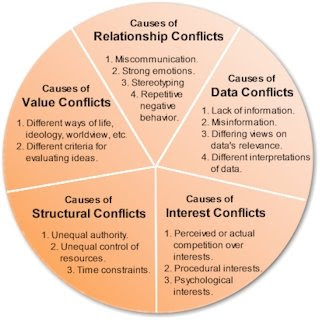what did my family did most of the time that can resemble my culture?
well, the most of my family did is only ABOUT FOOD!!!!!!!!
our culture is about food. YUMMY SUPER DELICIOUS FOOD..
yuppzz!! it is only about food...

My mum is a great cook.. but she she only cook once awhile but once she start cooking she will cook for 10-20 people's food. ( Noted : my family only have 5 members =)) But, of course not the 5 of us finish up the whole food that she cook of course. She will be one of the Santa Clause (except it is a Food Santa Clause) and give a bowl or a plate of her dishes to my neighbors, or my relatives will come to have the yummy delicious food. Normally, neighbors, my family, my cousins will gather up just for food and it is a tradition. We go back to our hometown also just for food. During the Chinese New Year, what we do basically is only a bout FOOD!! (haha)
Breakfast, lunch, dinner, supper including tea time wouldn't be missed!!
My grandmother also a great cook so all her daughter and sons, including in-laws and her grandchildren will be feed with whole lots of foods and dishes. So in my culture, we actually LIVE TO EAT.. not we eat in order to live =).
No matter when, or where, or even time we can eat and feast at any time we want because our life is only about.

p/s - I know i grow bigger and larger because of my mum and my grandma =)








.jpg)
 At birth, most people have vocal cords, which produce sounds. As a child grows it learns how to form these sounds into words. Some words may be imitative of natural sounds, but others may come from expressions of emotion, such as laughter or crying. Words alone have no meaning. Only people can put meaning into words. As meaning is assigned to words, language develops, which leads to the development of speaking.
At birth, most people have vocal cords, which produce sounds. As a child grows it learns how to form these sounds into words. Some words may be imitative of natural sounds, but others may come from expressions of emotion, such as laughter or crying. Words alone have no meaning. Only people can put meaning into words. As meaning is assigned to words, language develops, which leads to the development of speaking.





















